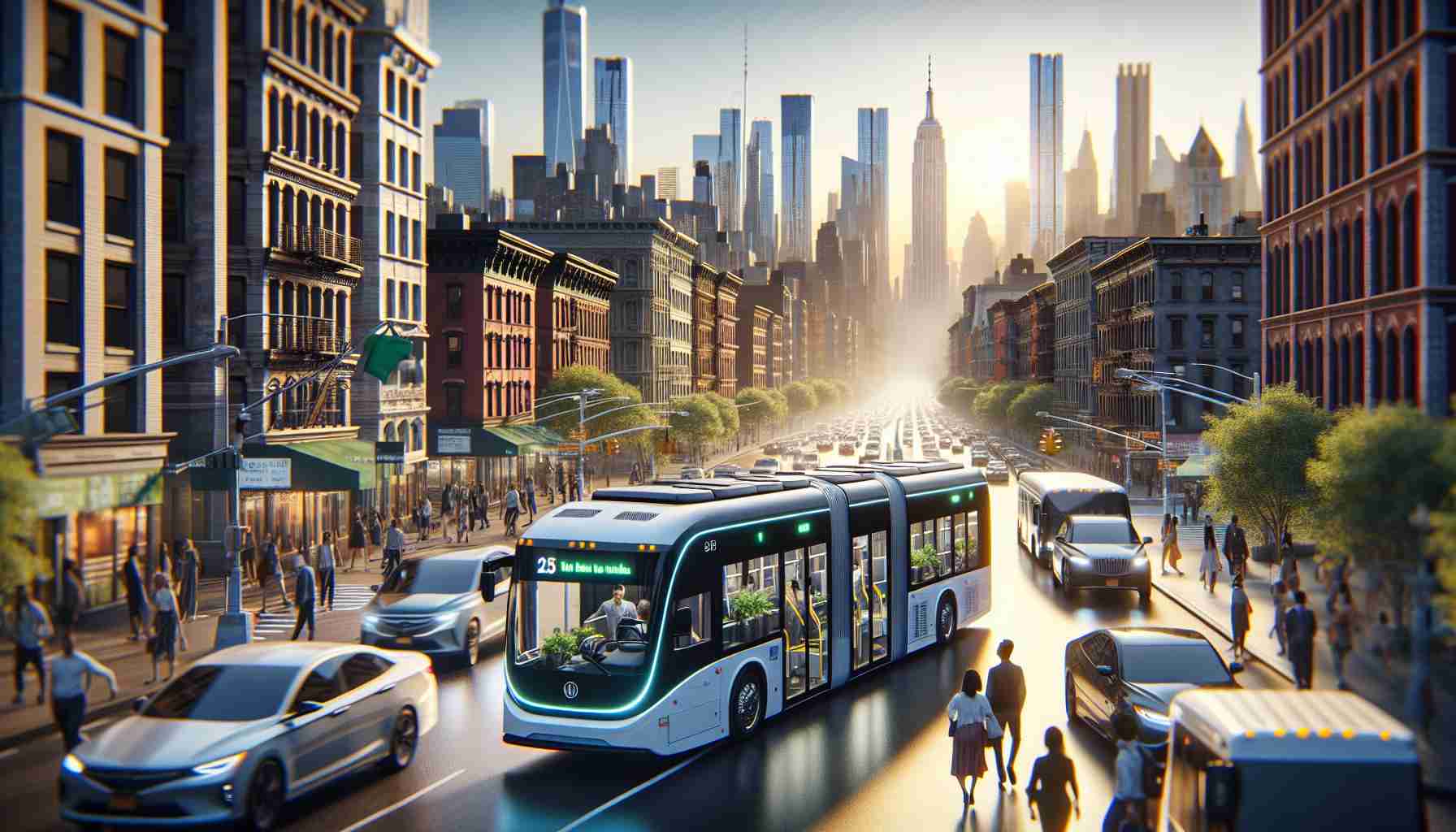
New Developments for NYC’s Public Transportation
On January 10, the Metropolitan Transportation Authority (MTA) announced an exciting expansion of its electric bus fleet. This new initiative includes purchasing additional electric buses, augmenting the current fleet of 60 and the upcoming 205 units expected this year. This monumental step is part of a broader goal: to achieve a completely zero-emission bus network by 2040.
With features like regenerative braking and lightweight electric traction drives, these buses promise a significant reduction in greenhouse gas emissions—estimated at around 90 metric tons per bus every year. This will contribute to improved air quality for all residents in the city.
The collaboration between New York City Transit, the New York Power Authority (NYPA), and Con Edison reinforces the commitment to a sustainable public transit system. This initiative aligns with the state’s Climate Leadership and Community Protection Act, which aims to slash greenhouse gas emissions by 85% by 2050. The anticipated fully electric bus fleet could potentially eliminate around 500,000 metric tons of emissions each year, showcasing an impactful environmental commitment.
To accommodate this growing fleet, the Jamaica Bus Depot in Queens is set to undergo significant renovations. This includes the installation of overhead pantograph charging systems, which are expected to be in use by fall 2027, enhancing efficiency and minimizing the downtime of electric buses.
These advancements not only promise a greener transit system but also aim to ensure that New Yorkers can enjoy cleaner air and improved urban living.
Revolutionizing Urban Transit: NYC’s Bold Move Towards Electric Buses
New Developments for NYC’s Public Transportation
The Metropolitan Transportation Authority (MTA) is making headlines with its ambitious initiative to expand its electric bus fleet. As part of the plan announced on January 10, the MTA is not only increasing the number of electric buses but is also setting the stage for an entirely zero-emission bus network by 2040.
Key Features of the Electric Bus Expansion
– Fleet Size and Timeline: The current fleet of 60 electric buses will see an increase with the addition of 205 more buses this year. This pace positions New York City as a leader in transitioning to electric public transit.
– Environmental Impact: Each electric bus is estimated to reduce greenhouse gas emissions by approximately 90 metric tons annually. With the projected full fleet, NYC could avert around 500,000 metric tons of emissions each year, significantly contributing to the improvement of urban air quality and public health.
– Technological Innovations: Advanced features like regenerative braking systems and lightweight electric traction drives enhance the efficiency of these buses, showcasing technological progress in urban transportation.
Partnerships Driving Sustainable Transit
This major initiative is bolstered by the collaboration between key organizations including New York City Transit, the New York Power Authority (NYPA), and Con Edison. This partnership highlights a collective commitment to sustainability, aligning with the New York state’s Climate Leadership and Community Protection Act, which seeks to reduce greenhouse gas emissions by 85% by 2050.
Infrastructure Enhancements
To support the growing electric fleet, major updates are planned for the Jamaica Bus Depot in Queens. The depot renovations will include the installation of overhead pantograph charging systems, which are slated to be operational by fall 2027. This infrastructure upgrade not only facilitates quicker charging but also minimizes downtime for the electric buses, ensuring operational efficiency.
Pros and Cons of Electric Buses in NYC
Pros:
– Reduced greenhouse gas emissions, contributing to environmental sustainability.
– Improved urban air quality, benefiting community health.
– Lower operating costs in the long run, as electricity can be cheaper than diesel.
Cons:
– High initial investment costs for electric buses and infrastructure.
– Charging infrastructure is still in development, which may limit coverage temporarily.
Insights and Future Trends
Cities globally are observing NYC’s movements, with many likely to emulate its electric bus initiatives as part of broader efforts to combat climate change. The push towards electric public transit can also spur innovations in battery technology and urban planning, enhancing reliance on sustainable transport.
Conclusion
NYC’s commitment to creating a cleaner, more sustainable public transportation system marks a pivotal step in urban environmental policy. As cities grapple with climate change, New York’s electric bus expansion serves not only as a local movement towards emissions reduction but also as a potential model for global urban transportation strategies.
For further updates and developments in public transportation and sustainability initiatives, visit the MTA’s main website at mta.info.



